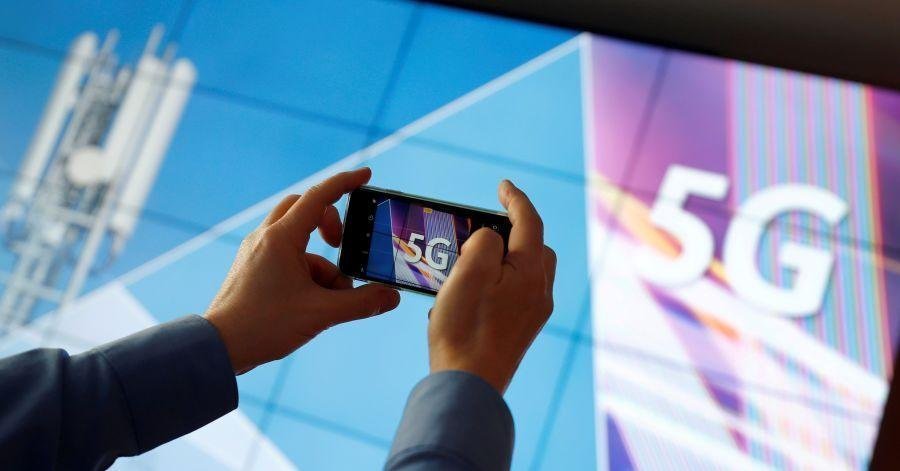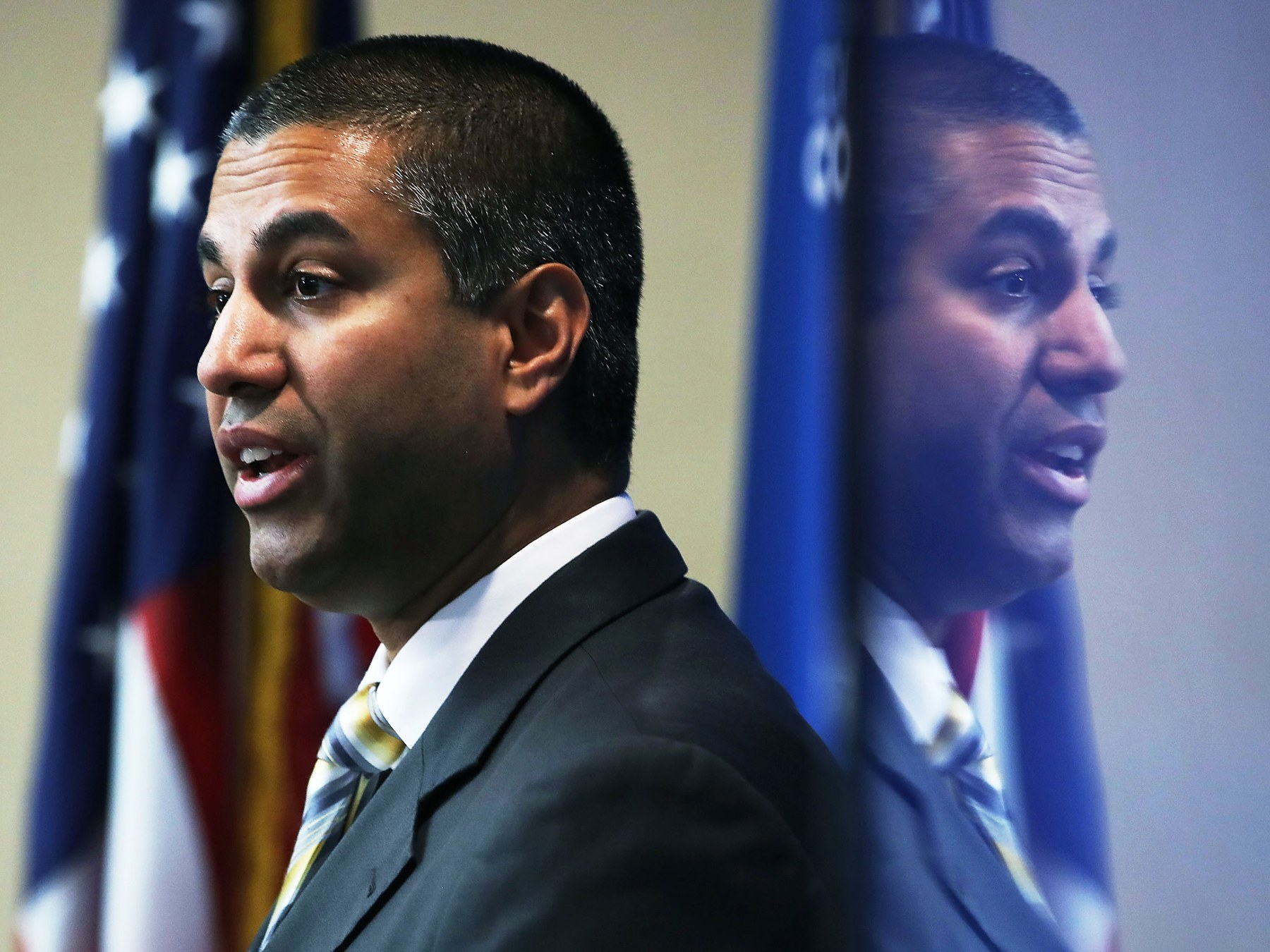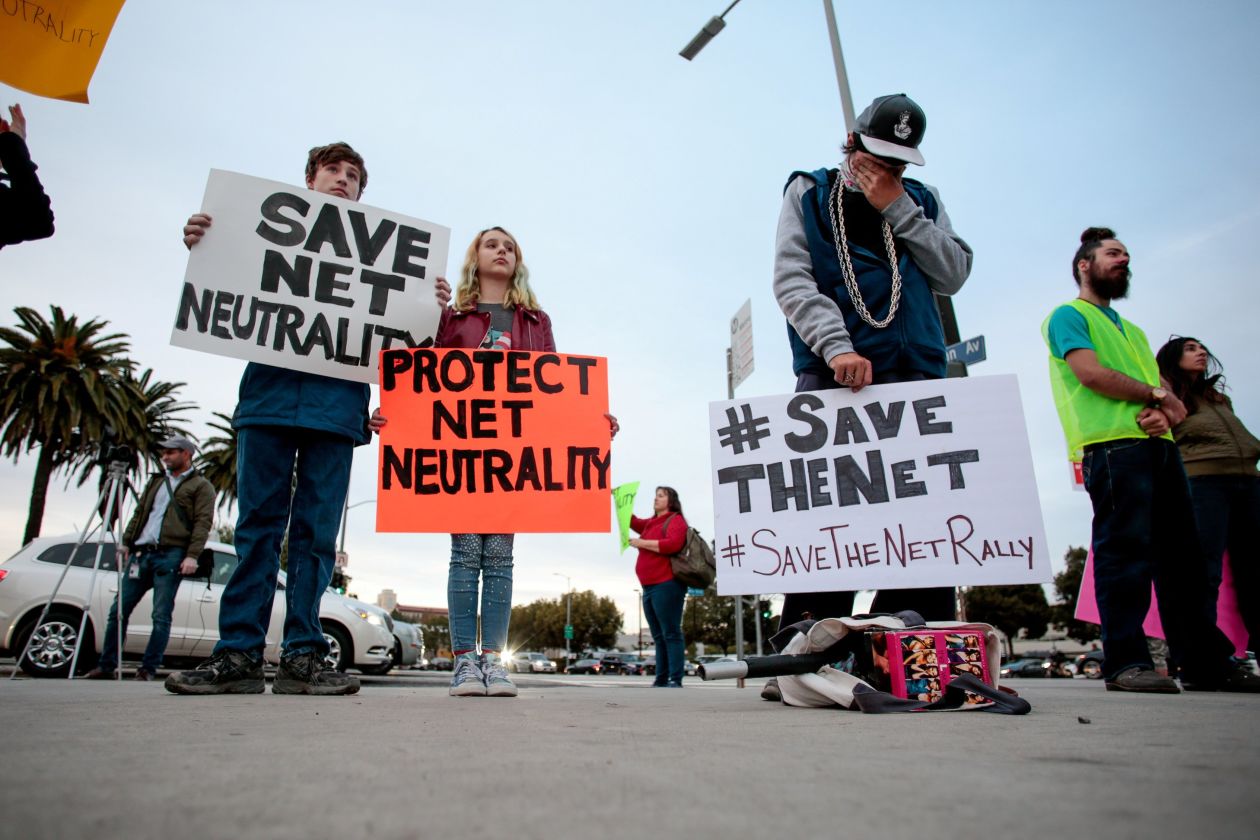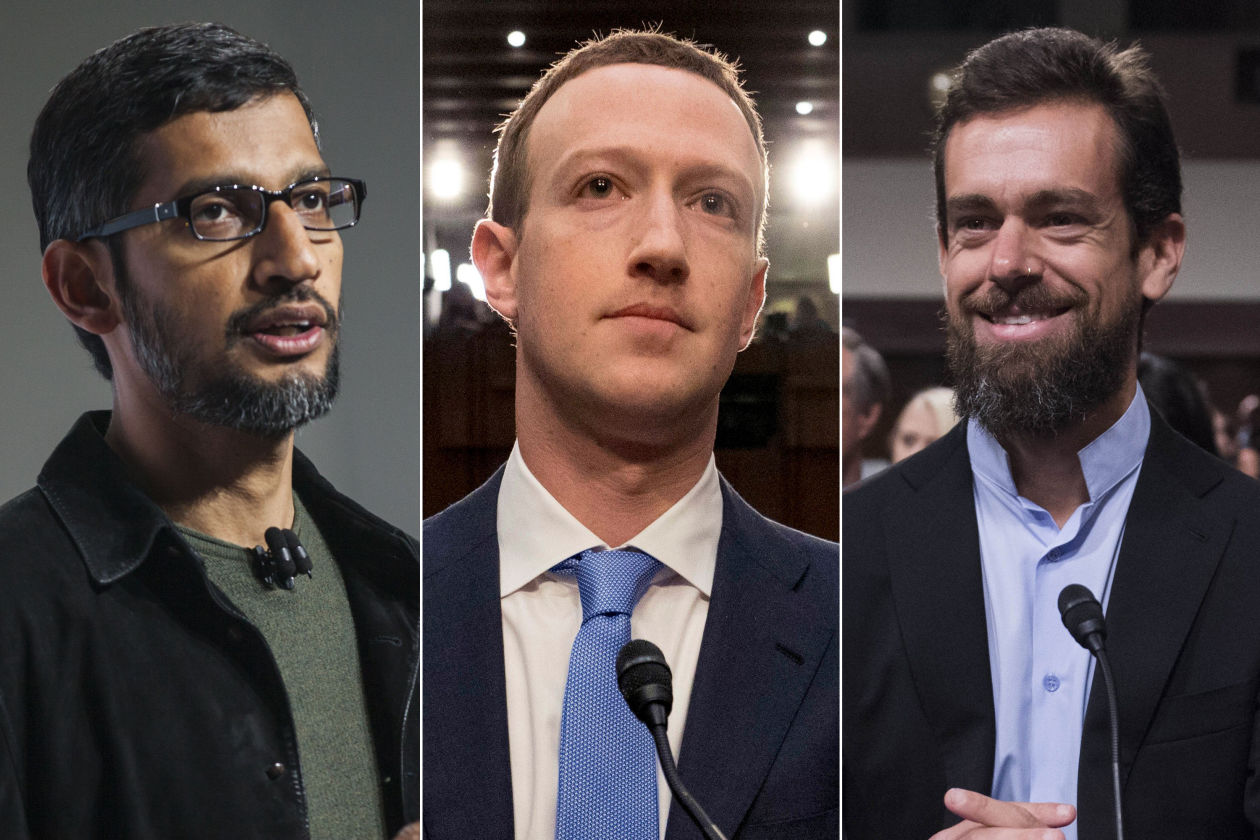Originally published by The Christian Science Publishing Society – see article here.
14 Nov 2000 | Author Alexandra Marks [Staff writer of the The Christian Science Monitor]
NEW YORK — The United States is currently turning on a DIME.
Not the silver 10-cent coin – or even the outcome of a few contested ballots in Florida – but the Digital Interactive Media Environment that’s in the process of transforming the way Americans communicate, work, and play.
“Within 10 to 15 years, the difference between television, telephone, and the Internet will be all but disappearing,” says Joseph Turow, a professor of communication at the University of Pennsylvania in Philadelphia. “That’s why the Time Warner AOL merger is so critical.”
And that merger, the biggest yet in an era of unprecedented media consolidation, is hanging in the balance primarily because of the impact it could have on consumers during this transition to a new interactive era.
Last week, after a contentious 2-1/2 hour meeting, the Federal Trade Commission gave the companies “not more than three weeks” to come up with a settlement that would do more to protect consumers’ choices before it blessed the $115 billion marriage. If that fails, the FTC could go to court to block the merger.
The five commissioners’ main fear is that the mega-company created between media and cable giant Time Warner and Internet powerhouse America Online will give it too much control over how Americans get their access to the World Wide Web, and what they’ll find once they get there.
Critics have argued that AOL could give preference to Time Warner, with its warehouse of media staples – from HBO to CNN to Warner Bros. That could make it difficult for other media giants, like Disney, to ensure AOL subscribers have the same easy access to their media offerings.
“Our sole objective is a world where consumers get to choose … our content and our interactive services based solely on how good a job we do,” says Preston Padden, Disney’s top lobbyist.
The outcome of these negotiations is critical, because it will give Americans their first clear indications of what to expect when they log on five or 10 years down the line.
Right now, most Americans access AOL and the Internet through their phone lines. And while they’re often slow and frustrating, phone companies are also required by law to offer any and all Internet Service Providers (ISP) “a reasonable wholesale rate” so they can offer their services to consumers. As a result, most Americans now can shop around, logging on to AOL or a local company, like NorthNet in Oshkosh, Wis.
But here’s the rub that’s got the FTC paying extra attention: Millions of Americans are now switching to high-speed, broadband cable lines. The short-term benefits are undeniable. Broadband is thousands of times faster than a phone line. Sites that used to download in minutes now appear in seconds. And while you’re cruising the Web, you can be chatting on the phone.
In the not-too-distant future, you’ll also be able to get full-motion video – the kind that isn’t grainy and jerky – as well as interactive television. (Imagine watching the news and e-mailing the anchor when you think she’s missed an important point.)
But the cable companies – like Time Warner – which own those broadband lines, are currently under no obligation to offer consumers or competing ISPs anything. So Time Warner could, in theory, give subscribers Internet access solely through AOL.
With 20 percent of all cable subscribers, Time Warner AOL would have an enormous amount of market clout and a huge leg up on most of its competitors.
While Time Warner has told a congressional committee it would never do that, the FTC wants more than just pledges of good behavior.
It not only wants Time Warner to agree in principle to give other ISPs what’s known as “open access” to their cable lines as a condition of merger approval, it wants Time Warner to have a contract in hand with at least one other national ISP, such as Earthlink, before it begins offering AOL. That way, consumers will have a choice of at least two companies from the start.
Merger critics, like Stephen Heins of NorthNet, are delighted by the FTC’s stance. He and some colleagues hand-delivered to the FTC what they saw as a draconian contract Time Warner had offered them – one that he says would drive NorthNet, and at least half of the 7,500 other ISPs around the US, out of business.
“This is an economic battle between the big guys and little guys, but it directly affects consumers, even if they don’t know what’s going on,” says Mr. Heins. “We’re really shaping telecommunications policy for the next 25 years.”
Executives at Time Warner and AOL agree this battle is pivotal in determining the shape of the Internet and media communications. But they believe consumers will benefit most with the least interference from the federal government.
While they have refrained from commenting on the FTC negotiations, executives’ earlier statements make it clear they believe that unfettered market forces are what’s needed to make the full transition to a Digital Interactive Media Environment sooner rather than later.
“We have no doubt that our commitment to innovation would prompt our competitors to develop new and better offerings of their own,” AOL’s Steve Case insisted earlier this year.
Merger critics don’t dispute that. But they’re concerned that, unless the law provides for a level playing field, only the media giants will have an opportunity to compete, driving out thousands of small innovators – the kind like NorthNet that first brought the Internet into US homes.
(c) Copyright 2000. The Christian Science Publishing Society







